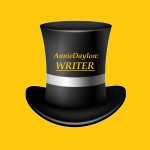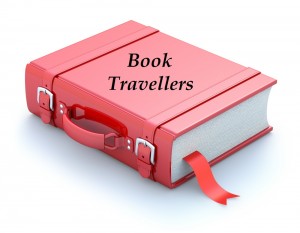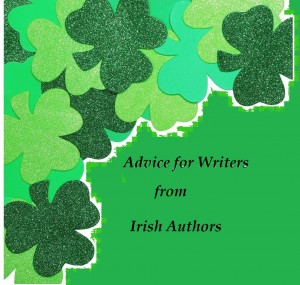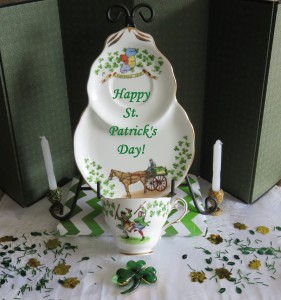by @AnnieDaylon

Just a few days ago, a Book Club contacted me saying that they have chosen my novel Castles in the Sand as their April’s read.(Pause here for dance of joy!) The group requested discussion questions and I was delighted to comply. I had not prepared such questions before but knew that character, plot, viewpoint etc., should be incorporated. I chose to share the resulting questions here (minus the spoilers) on the chance that my efforts might be of use to other authors.
BOOK CLUB DISCUSSION: CASTLES IN THE SAND
1. Castles in the Sand is written in the first person from a single viewpoint, that of Justin, a homeless alcoholic. Why might the author have chosen to tell the story this way? Why is Justin’s voice so truncated?
2. The author tells the story by slipping between present and past. Why do you think the author chose to do this instead of telling the story chronologically?
3. Were you aware of the author’s subtle use of foreshadowing? (Example: At what point in Justin’s life did he learn of the existence of Steve?)
4. In his review of Castles in the Sand, author Michael Hiebert states that “the plot hits the ground running and never lets up.” Do you agree with this? Why or why not?
5. Castles in the Sand is a cautionary tale, one of love and family, ruin and rise. The author incorporates symbols, such as the aquarium castle, to reinforce the main themes. What other symbols are prominent in the book and what do they represent?
6. Do the main characters, Justin and Steve, change by the end of the story? If so, is one arc more prominent than the other?
7. Steve is a shape shifter; both Justin and reader are kept in suspense about his motives. Eventually, Steve’s secrets are revealed. Should he have kept this secret for so long?
8. Justin feels betrayed and acts out violently. Have you dealt with someone who betrayed you? How did you respond?
9. Justin is stuck in a time warp and cannot progress until he deals with the past. There is a Buddhist proverb: “When the student is ready, the teacher appears.” What was the readiness factor for Justin?
10. Is the ending satisfying? If so, why? If not, how would you change it?
If writing discussion questions, you can find help by: talking with other authors, scanning the back pages of current novels, many of which now include such questions, and by searching on line. (Try Lit Lovers for the basics; you may even use their questions verbatim, with attribution.)
Another suggestion: If requested to write discussion questions, jump at the chance. This activity will give you an injection of joy and enthusiasm. You’re a writer and readers are interested in discussing your work. Celebrate!
A FREE short story is yours when you subscribe to my newsletter! Simply place your first name and email address in the box provided on the right. Many thanks!
My best to you,




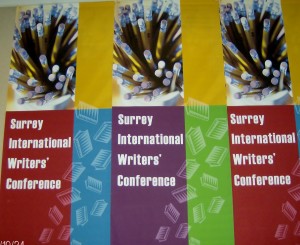
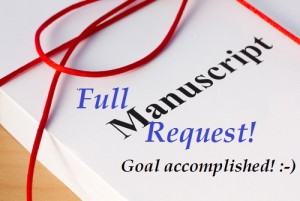
 Airborne at last, after a lifetime of longing.
Airborne at last, after a lifetime of longing.

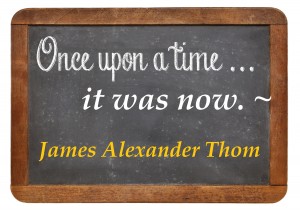
 Ever struggle with wondering if you are doing enough, or if you are doing the right thing as an author? I certainly do.
Ever struggle with wondering if you are doing enough, or if you are doing the right thing as an author? I certainly do.